 Exploring the Role of AI in Digital Marketing and e-Business
Exploring the Role of AI in Digital Marketing and e-Business
AI surrounds us. It is influencing the way we live in the digital world. Most businesses, these days, use it to understand what people want, predict trends, and create smarter marketing plans. Ever wondered how those ads always come when you are browsing about something or instant responses to the chatbot seem to know what you want at exactly that time? That’s AI working in the background. Let’s see in detail how AI is transforming the digital and e-business world
What is the role of AI in Digital Marketing
AI tools for digital marketing are helpful in making campaigns more efficient and impactful. Here are some ways it is changing the digital marketing world:
More Personal Touch: AI looks at customer data to create tailored experiences. By checking browsing history and buying habits, it suggests related products or services.
Amazon and Spotify show this well, using AI to give out customized content and suggestions.
Work Made Easier: By automating tasks, marketers have more time to focus on important goals. AI can help with sending emails, posting on social media, and even chatting with customers through bots.
Useful Data Insights: AI handles huge amounts of data quickly, giving useful insights for better marketing plans. It helps companies make choices based on current data rather than guesses. AI is now better at understanding brand views by using social media and online reviews to gauge consumer feelings.
Seeing Ahead with Predictive Analysis: With past results, AI can foresee upcoming trends. Marketers may predict customer preference so that targeted messages may reach out to the customers. Through such tools as HubSpot, AI informs marketers about the perfect moment to engage with their clients.
Cost Reduction: With such automation, labor costs decline significantly, and productivity increases. Organizations now get more with fewer.
Customer Support Chatbots: AI-based chatbots are very efficient in handling customer queries. These bots provide quick answers to the users, thereby improving the user experience. The businesses save time and resources while maintaining round-the-clock support. Popular examples include the chatbots on websites like Sephora and H&M that help users find products quickly.
Content Creation and Optimisation: Tools like Jasper and Grammarly ensure quality and relevance. AI also makes suggestions for improvements based on audience preferences.
Impact of AI on e-Business
AI is not only revolutionizing digital marketing but also changing the shape of e-business operations.
Inventory Management: AI is capable of helping businesses optimize inventory by predicting demand from historical sales data.
Optimizing Stocks: Businesses will avoid the extra costs of carrying unnecessary stock by accurately estimating the demand.
Automated Reorder: Systems will reorder the stock automatically if levels reach a certain point.
Tailored Buying Experiences: AI improves customer experience with tailored interactions and recommendations. E-commerce applications use AI to recommend products depending on their history of browsing
Analysis of Reviews: AI analyzes feedback from customers for improvement purposes
Fraud Detection: AI algorithms can detect fraud transactions in real-time transaction patterns.
Risk Leveling: Businesses can level the risk associated with the transactions before their approval.
Anomaly Detection: Anomalous patterns raise alerts for further investigation.
Automated Customer Support: Chatbots and virtual assistants provide instant answers to customer queries. This improves satisfaction and leads to repeat purchases.
Data analysis: AI is much faster and enables businesses to make timely decisions.
The role of AI in digital marketing and e-business is continuously growing with tangible benefits accrued by businesses. It is expected that 80% of customer interactions will be handled by AI by 2025. Some examples include the following:
Notable AI Tools Used in Digital Marketing
- HubSpot: Automate e-mail marketing and CRM systems for better Customer relationship management.
- Persado: Produces emotionally resonant marketing copy by using AI.
- Synthesia: Creates videos from AI content based on a set audience’s preference.
- Hootsuite Insights: Allows real-time listening with sentiment analysis.
Here is a comprehensive AI content creation tools.
Case Studies of AI Success in Digital Marketing
Many big brands have been successful in using AI to amplify their digital marketing campaigns:
Netflix: This streaming giant makes use of AI algorithms to provide a user-specific recommendation based on previous behavior to get more user engagement.
Starbucks: Starbucks’ “DeepBrew” AI uses previous orders to understand customer preferences, and even weather conditions to recommend drinks and promotions.
Sephora: Using AI-enabled tools, Sephora provides personalized beauty recommendations that help increase their online and in-store sales.
These case studies clearly explain why AI can act as a game-changer for customer engagement and business growth.
How to use AI in Your Business
AI can drastically transform how businesses run from operation to customer engagement. This is how to maximize your business through AI:
- Set clear objectives: Define exactly what you expect AI to accomplish. In this way, everything focuses on the needs of your business.
- Focus on Quality of Data: AI is as good as the data that it is trained upon. Make sure that your data is clean, organized, and structured so that AI tools can provide an exact result.
- Let AI handle routine tasks: It can post on social media, send marketing emails, and help with customer support. Your team can then work on bigger and better ideas.
- Make interactions personal: AI looks at customer data to give better experiences. It suggests products they may like. This makes customers happy and helps boost sales.
- Marketing Campaign: AI is used to enhance marketing campaigns by analyzing information and predicting appropriate strategies for targeting your audience at the right moment.
- Use Predictive Analytics: With AI, you can predict trends and how customers behave so you can plan ahead marketing campaigns and inventory management and meet demand before it occurs.
- Improve Decision Making: AI proves to be valuable for making useful decisions – either it is for the product launch or the sentiment of customers.
- Customer Service: Tools like chatbots, through AI, can provide support 24/7 by quickly responding to the customer’s queries and freeing your team for complex tasks.
- Test and Iterate: Start by testing AI tools and adjust later based on performance. Constant testing and learning will help refine your strategies.
- Train your team: Train your team with the necessary skills to utilize AI effectively (this is crucial) by providing comprehensive training on various AI tools.
What are the Challenges of using AI in Digital Marketing
AI is bringing numerous benefits to digital marketing, but there are also some challenges with its implementation. Below are the main problems that businesses will have when implementing AI in their marketing strategy.
Data Privacy Concerns:
AI is collecting large amounts of data to deliver more personal experiences and raises the issue of how personal data is being used and protected. It is therefore important for companies to comply with the data privacy laws, such as GDPR, to save from legal risks.
Higher Setup Costs:
The installation of AI technology is very pricey and unaffordable to most small businesses. Apart from this, the major issue is the high initial investment cost for acquiring AI tools, training staff and integrating it with the previous system.
Difficulty in Management of Data:
AI is very reliant on masses of clean and structured data. Managing and organizing data, particularly in a multi-source environment, is not very easy. Poor or low-quality data could lead to false predictions and insights generated by an AI algorithm.
Bias of AI Algorithms
The AI algorithms take the biases of the data with which they are trained into their systems and cause unjust or discriminatory results. Marketers should ensure that the AI model is always audited and corrected for bias in order to have fair targeting.
Lack of Transparency: The AI decision-making process is a “black box.” There is no understanding of the algorithms in use. The lack of transparency breeds mistrust both in the consumer and in marketers.
Skill Gaps: There is a lack of trained and specialized manpower that understands both AI and digital marketing. Organisations face difficulty in finding experienced people who could work out the application of AI-led marketing practices.
Merging AI With Legacy Systems: Every business entity has its legacies with which AI could be hard to merge at times. The change from traditional campaigning to AI-supported planning may face disruptions or some delays while the existing marketing campaigns run.
Ethics: It raises issues and moral dilemmas in marketing based on targeting, surveillance, and influence. Businesses should handle AI responsibly. It cannot be used across ethical lines, such as misleading consumers or invading private space.
Over-automation Risk: Overreliance on AI for the automation process may lead to robotic or impersonal customer encounters. Marketers need to combine automation with human touches to maintain customer engagement and trust.
Security Threats: AI-based systems can be hacked; hackers may even manipulate or take away valuable data. Ensuring the security of AI systems is crucial to protect sensitive marketing data and customer information.
What to expect next?
The future of digital marketing is tied very much to the advancement in the technology of AI. The more sophisticated these tools get, the more personalization and automation we can expect from our marketing strategies. Search engine optimization strategies are changing with AI.
Tools like SEMrush and Moz provide insights into the competitor’s keywords, predict changes in algorithms, and improve the content strategy. The increasing use of AI by social media sites in improving user experience and better targeting of ads is another key area.
Moreover, we are all now familiar with generative AI tools like ChatGPT which helps businesses interact with customers in a more human-like conversational experience.
Trends to Watch
Increasing usage of Voice Search: As the number of voice assistants increases, companies will need to adapt the content for voice search.
Introduction of Augmented Reality: Augmented Reality integrated with AI will help make consumer experiences much more delightful by using virtual try-ons and other product demonstrations.
Increasing Focus on Responsible AI: Companies would have to discuss the ethical usage of data along with the algorithmic bias that takes place in the whole algorithm.
Emotional AI: Emotional AI determines the customer’s emotions via facial expressions or tone.
Learning Opportunities in AI and Digital Marketing
To get ahead, you can consider special courses in AI and Digital Marketing. Many top institutions now include modules in AI in their marketing and business courses. A digital marketing master’s program is a good choice for you to take up the lead in technology-driven marketing initiatives.
You could also consider a diploma in business marketing to build strong basics and practical skills for a successful career.
Final Words
AI is undoubtedly changing the digital marketing industry and e-business day by day. Though there are challenges in implementation, the benefits far outweigh them for businesses willing to adapt. Brighter days are ahead for those who wield AI power well in their marketing!


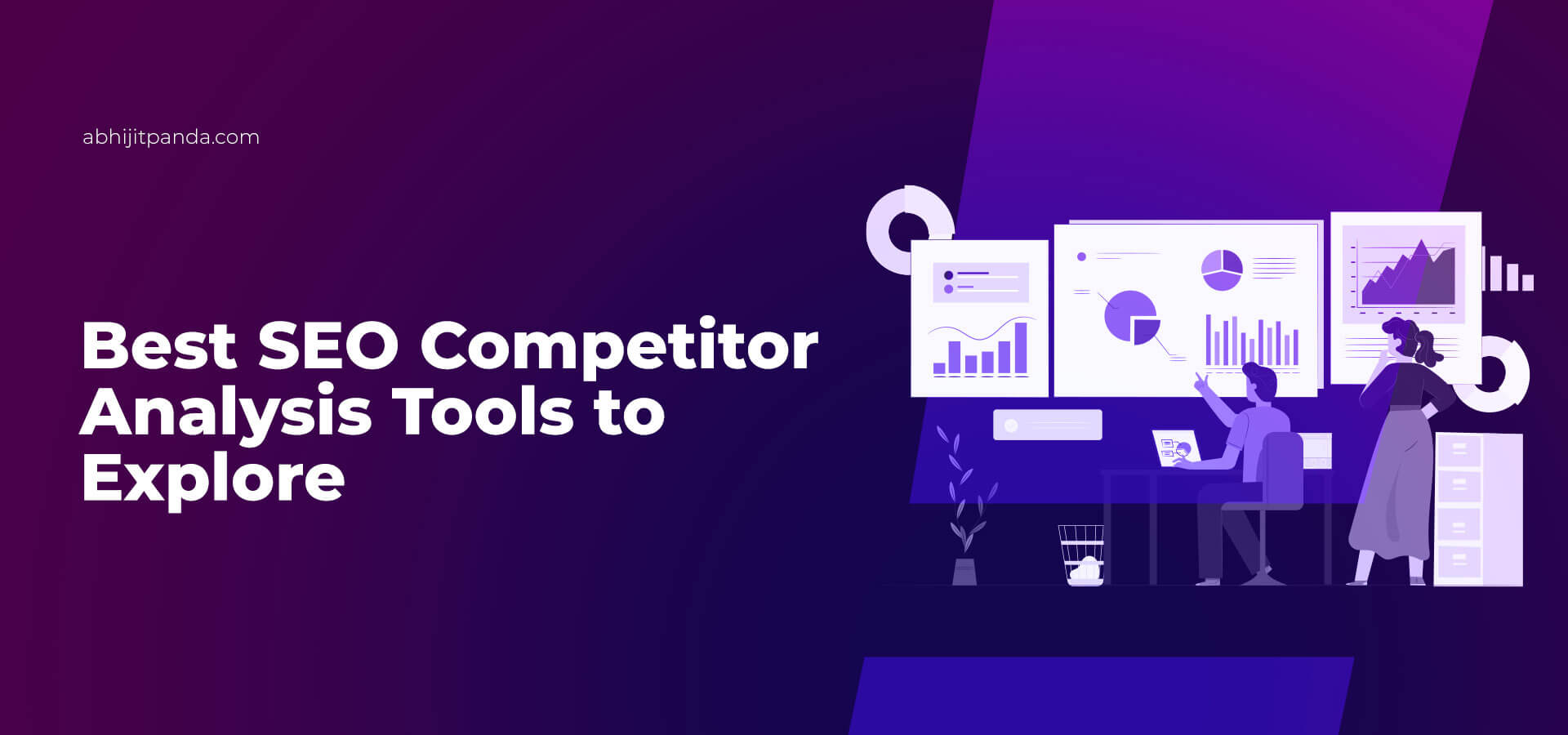
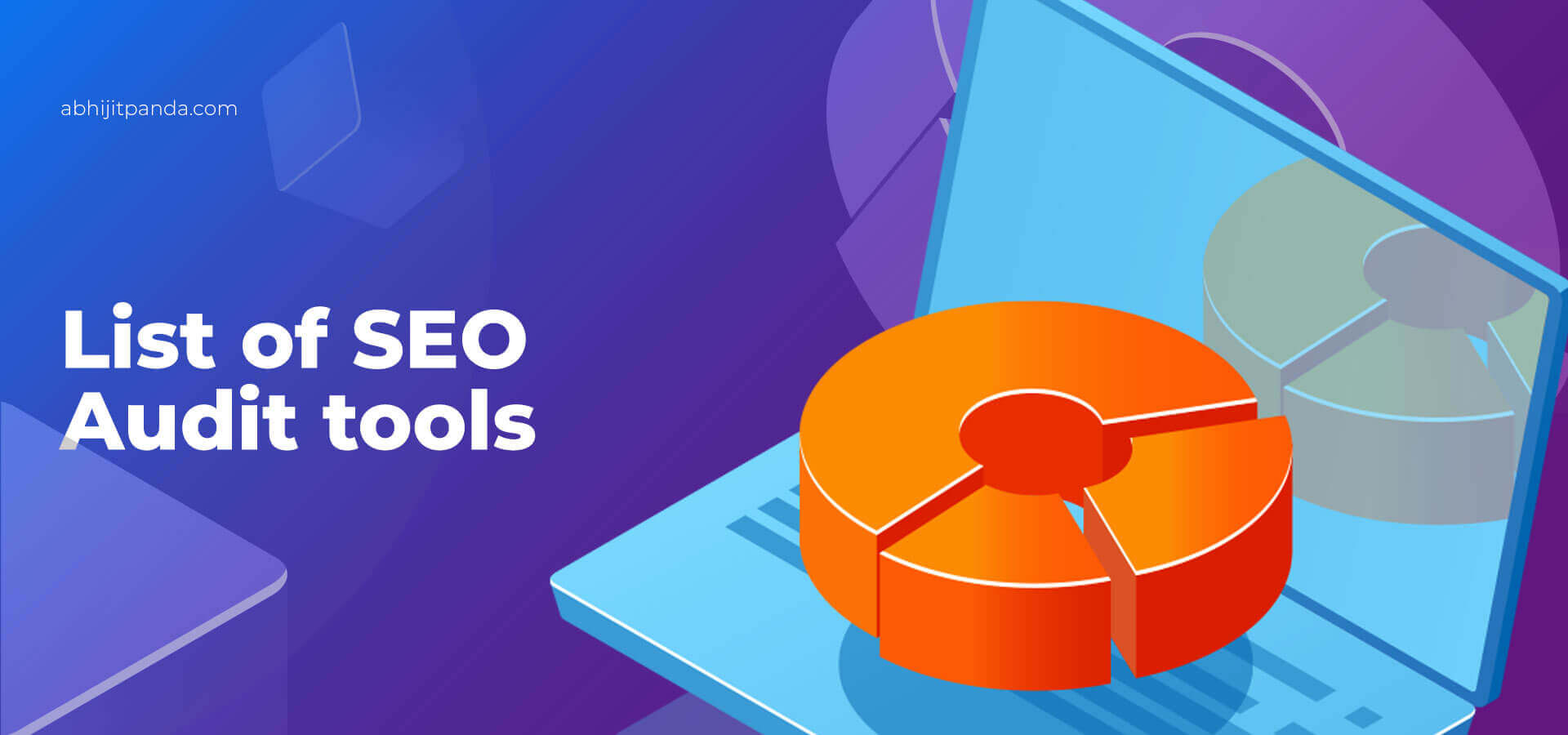
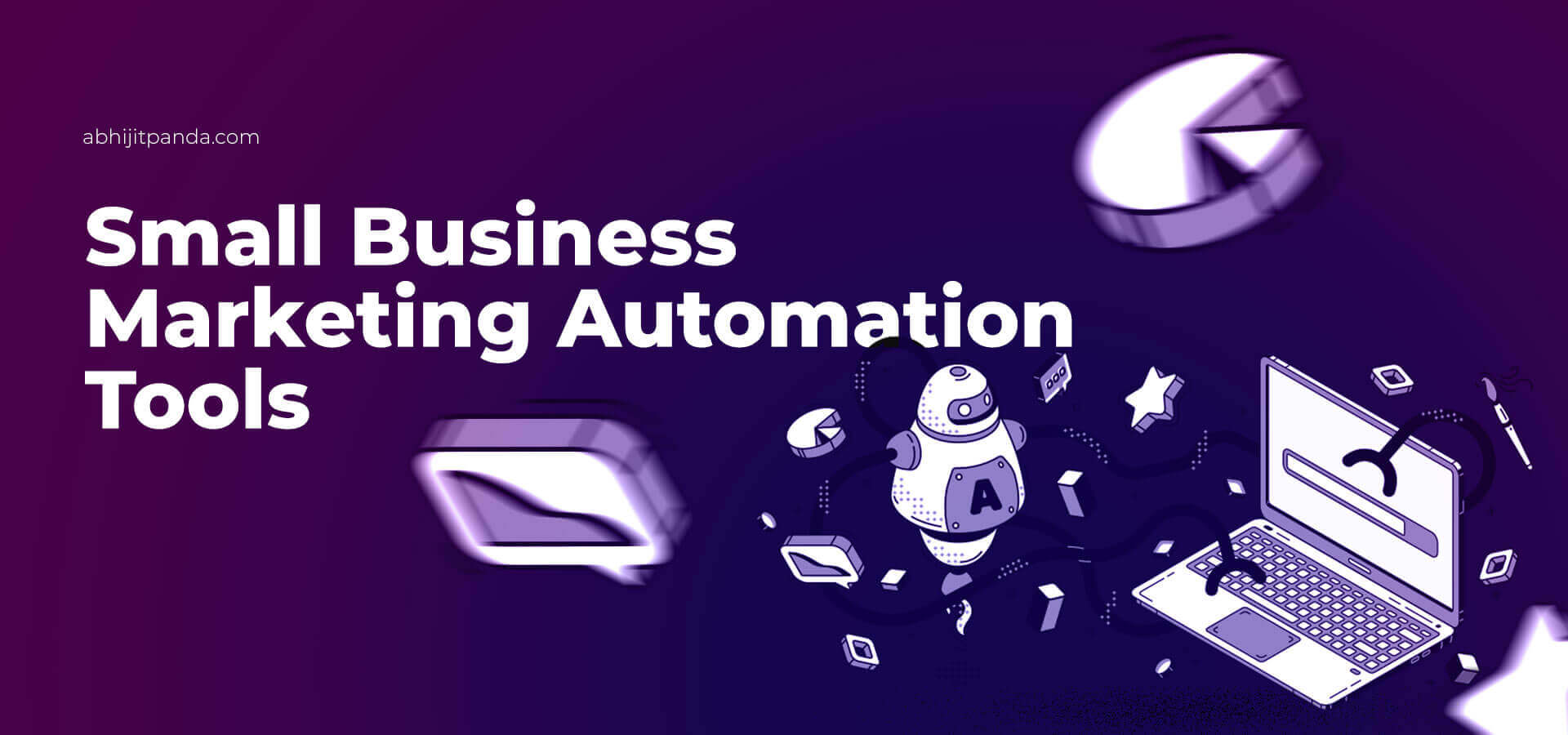
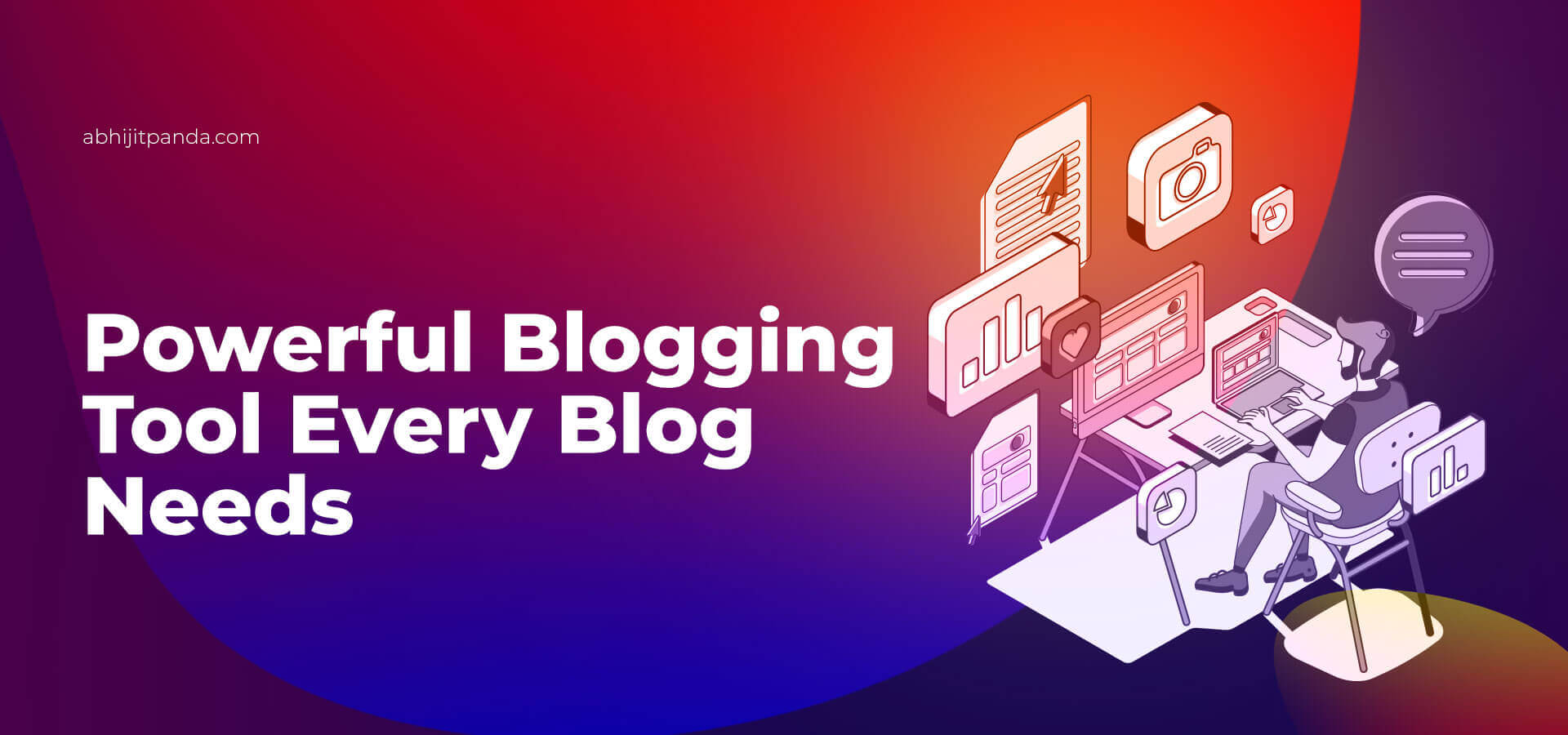
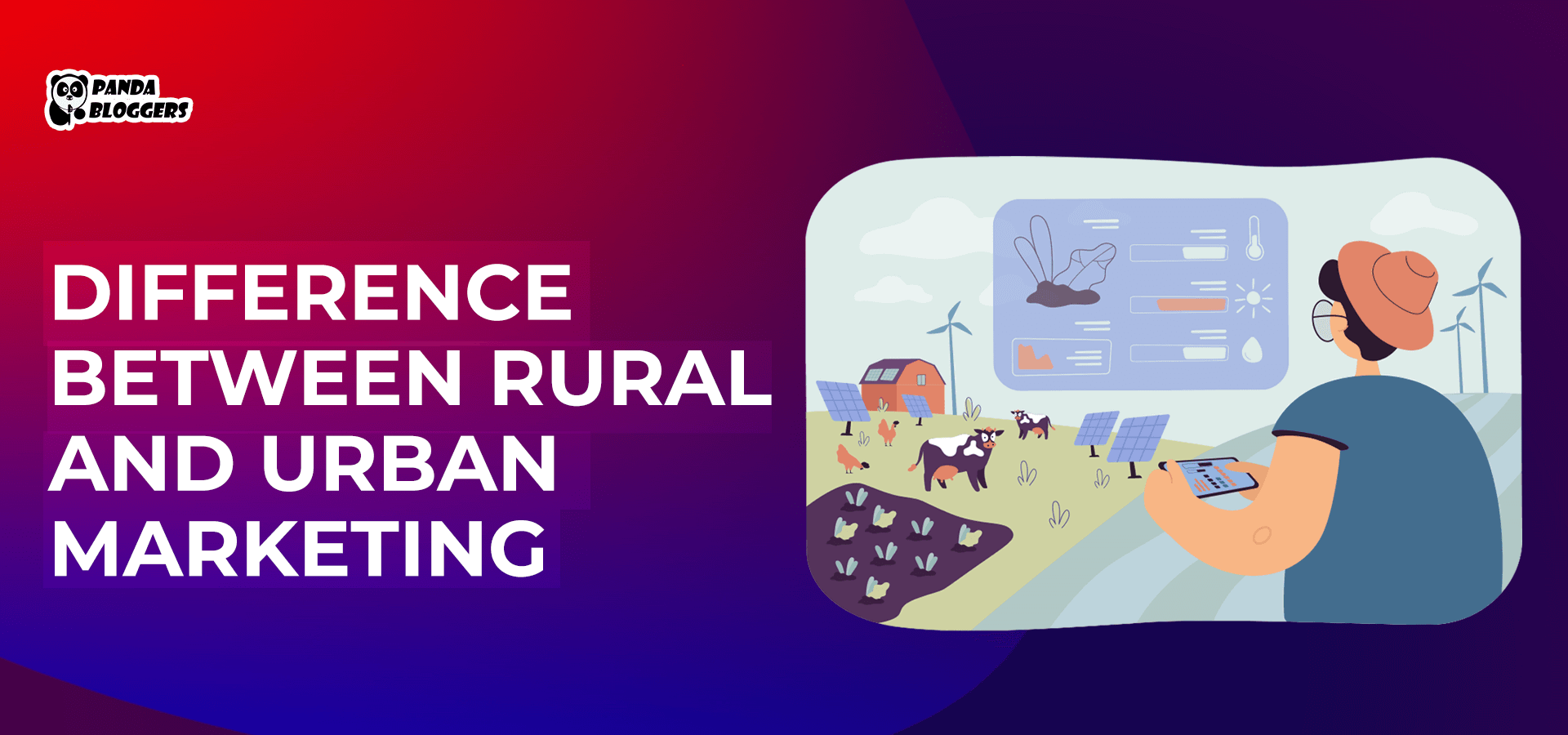

Leave a Reply